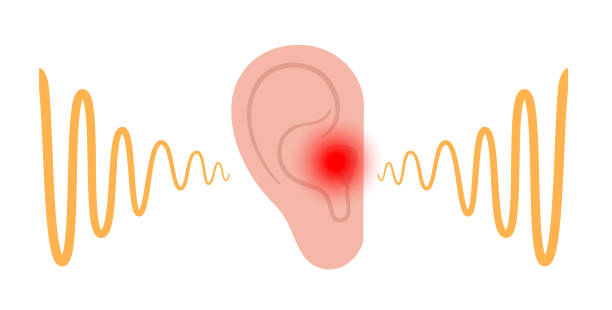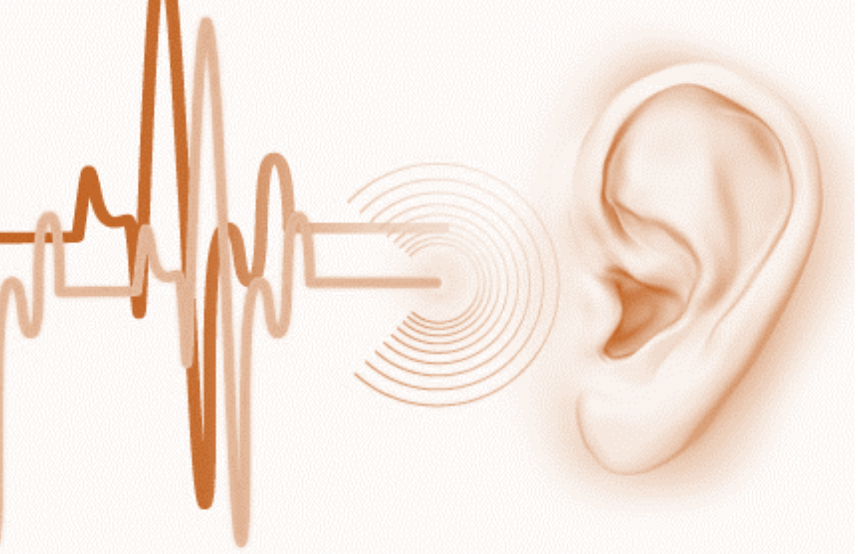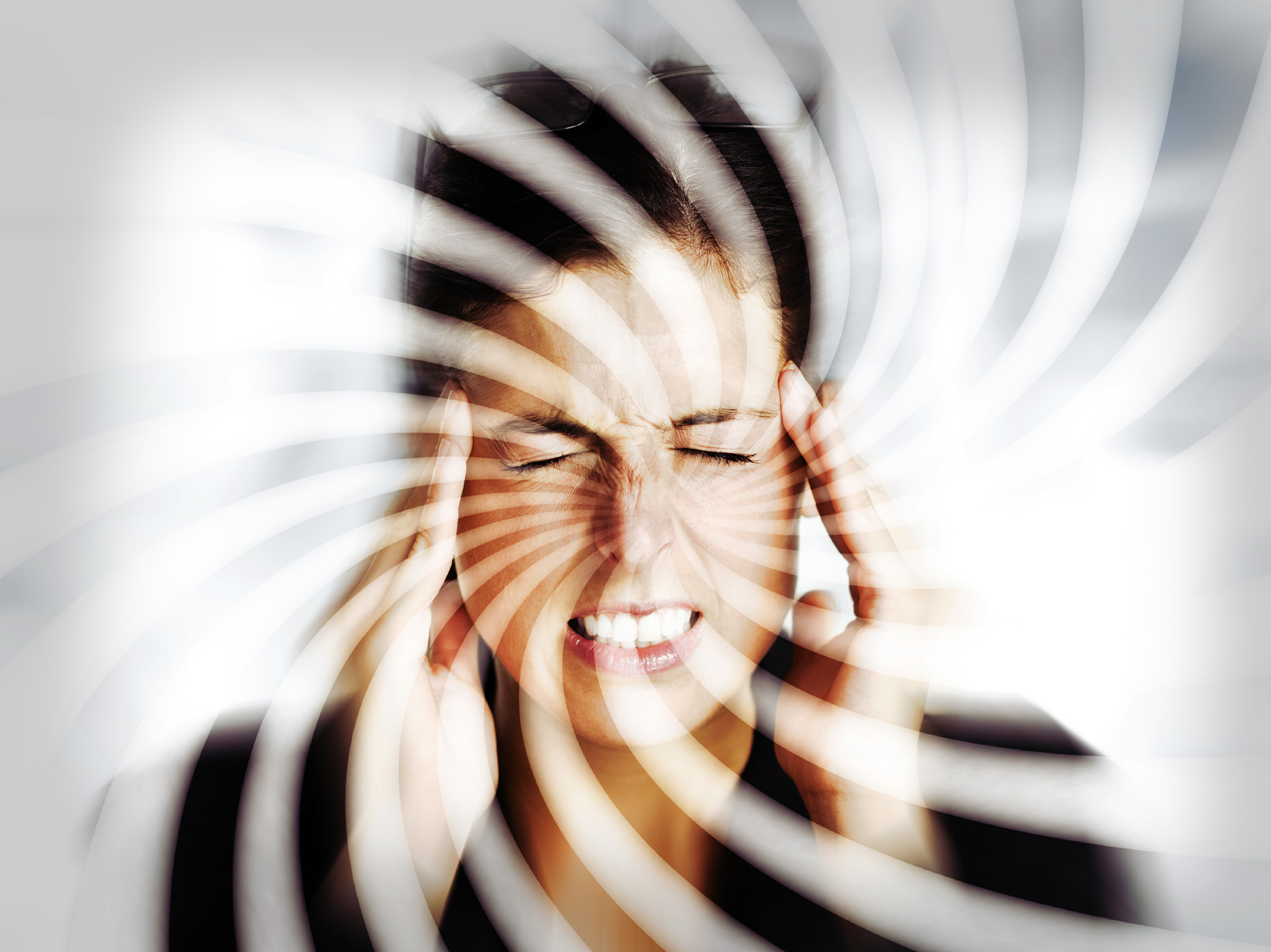Tinnitus is a buzzing, hissing or ringing sensation in the ears. It can be felt as a sensation of pulsation or balance and can vary from an unpleasant sensation to becoming a real impediment in everyday life, but it rarely indicates a serious health problem.
Ringing in the ears, also known as tinnitus, is not a disease in itself, but a symptom of a pre-existing condition (for example, hearing loss in the elderly), of an auricular trauma or a circulatory disorder, being frequently encountered in one or both ears: it affects approximately 15-20% of the population.
Alternative remedies for Tinnitus
Tinnitus prevention
Often, tinnitus cannot be treated, but if you apply certain techniques, you will reduce the discomfort.
Avoid exposure to triggers. These can be loud noises, but also caffeine and nicotine or alcohol.
It masks the noise. In a quiet room, a fan or a radio on low volume can cover the whistling of tinnitus.
Manage stress. Relaxation therapies relieve your symptoms.
Use hearing protection devices. Over time, exposure to high-pitched sounds affects the nerves of the ear.
Take care of your cardiovascular health. Exercise regularly and eat a healthy diet
Alternative remedies for Tinnitus
There is limited evidence that alternative treatments work in treating tinnitus, but they can be tried at the doctor’s recommendation:
- Acupuncture
- Hypnosis
- Ginkgo biloba
- melatonin
- Zinc supplements
- B vitamins
The category of alternative therapies also includes cognitive-behavioral psychological therapy, which is applied in the short term, tinnitus retraining therapy (TRT), developed in the 80s by the neurologist Pawel Jastreboff and which, in short, is, a neurophysiological habituation therapy, as well as techniques such as stress management and biofeedback.
Does the Epley maneuver help reduce tinnitus?
The Epley maneuver refers to a series of head movements that can help many people suffering from positional vertigo – a condition that causes dizziness, including spinning, tilting, lack of balance or fainting. This type of vertigo often occurs from the inner ear which is part of the body’s balance mechanism. Calcium deposits (canalith) can collect in the inner ear, which causes vertigo. The Epley maneuver is intended to reposition these deposits and reduce or eliminate vertigo. Even the simplest state of vertigo is treated with time, through drug treatment, performing the Epley maneuver or using a combination of the two.
The Epley maneuver will not worsen the tinnitus sensation and has a high success rate.
If the tinnitus is associated with hearing loss, a hearing aid can improve the symptoms. A masking device that produces different sounds can hide the tinnitus. Experts have studied behavioral therapies, such as biofeedback, stress reduction and hearing restoration, with mixed results.
Sources:


